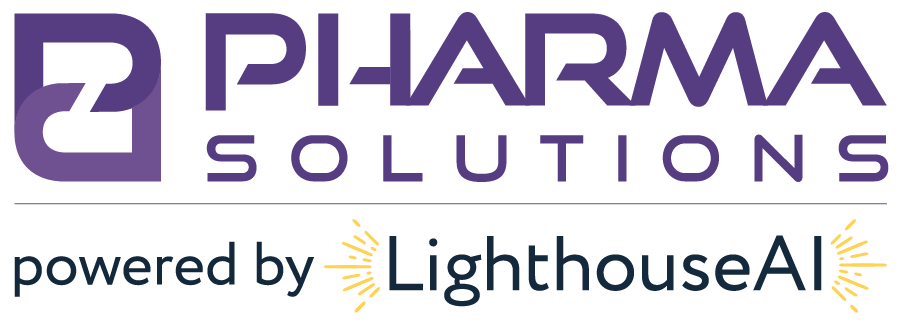DSCSA to Cause Future State Regulation Changes
State regulation of the pharmaceutical supply chain is a patchwork of different definitions, requirements, and enforcement– will this FDA proposed rule finally bring uniformity?
Background
The Drug Supply Chain Security Act (DSCSA), signed into law by President Obama in 2013, was designed to overhaul the federal and state regulation of the supply chain. Most of the focus on the law in the past seven years has been primarily focused on the implementation of “serialization” and the creation of the facility industry. However, the DSCSA is a comprehensive law with nuances that typically go unnoticed – especially on state regulation.
National Standards for the Licensure of WDD and 3PL Providers
The FDA rule titled “National Standards for the Licensure of Wholesale Drug Distributors and Third-Party Logistics Providers” (RIN: 0910-AH11) likely can trace it’s inception back to a specific clause in the DSCSA, Section 585 (b)(1). The DSCSA clause states that “no State […] may establish […] any standards, requirements, or regulations with respect to wholesale prescription drug distributor or third-party logistics provider licensure that are inconsistent with [or] less stringent than” what is specified in Federal law.
The abstract of the proposed rule is directly related: “the rulemaking will also establish a Federal system for wholesale drug distributor and third-party logistics provider licensing for use in the absence of a State licensure program.”
Put simply, State governments must get their regulation together or be federally preempted by a federal license– resulting in both lost revenue and control of the pharmaceuticals that state residents consume.
States would be remiss not to address this head-on and establish rules and, if required, drive legislation changes to comply with federal law.
Pennsylvania Virtual Wholesaler
One nuance that will be addressed is that the Pennsylvania Department of Health does not require licensure for virtual wholesalers. As a wholesaler can buy/sell a product without a license (but not take physical possession), the PA DOH will likely create an update to their rules requiring such business activities to obtain a distributor license.
3PL Providers
However, a much larger consideration is how this affects 3PL providers, especially in conjunction with another clause of the DSCSA that requires states to license WDDs and 3PL separately.
Regulation of 3PL providers has been oddly a huge focus for the DSCSA as diversion much more typically occurs elsewhere in the supply chain (most 3PLs are contracted directly by manufacturers, limiting the amount of Illegitimate Product likely to be moved by them). One such reason for the extensive focus on 3PL providers might be that the DSCSA is based on tracing both the company that buys/sells (takes ownership) the product and the company responsible for physically handling the product. By breaking them out into separate licenses, the federal government can better detect and trace the movement of illegitimate products throughout the supply chain.
Product Tracing (Pedigree / Transaction History) Requirements
Having already caused sweeping changes in many states, the other significant effect the DSCSA has on state regulation was product tracing. The clause stated that “no State […] may establish […] requirements for tracing products […] which are inconsistent with [or] more stringent than” federal requirements. As such, the DSCSA preempted California and Florida pedigree requirements, as well as invalidated the much less stringent PDMA pedigree requirements.




0 Comments